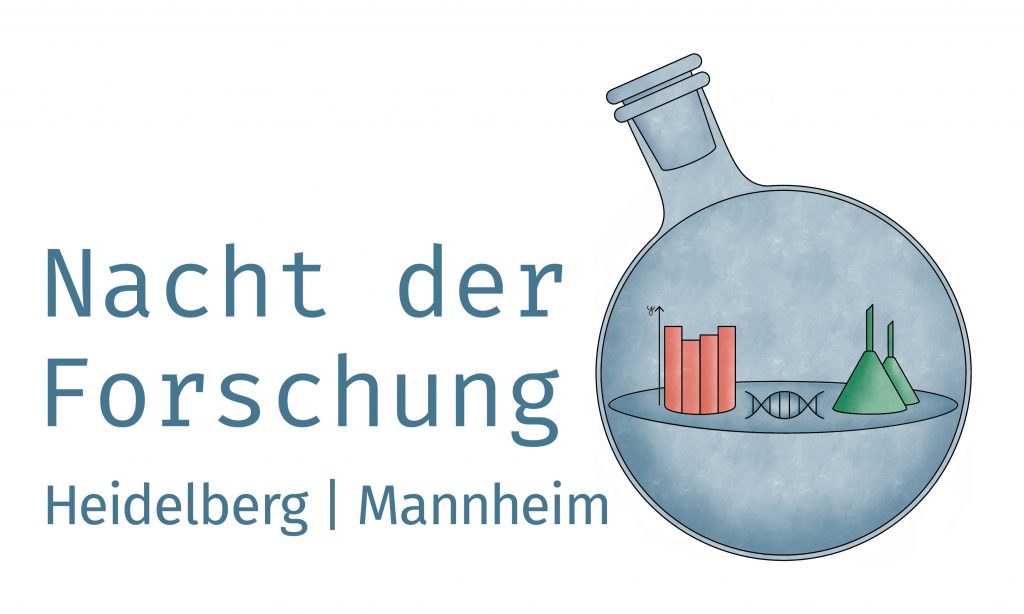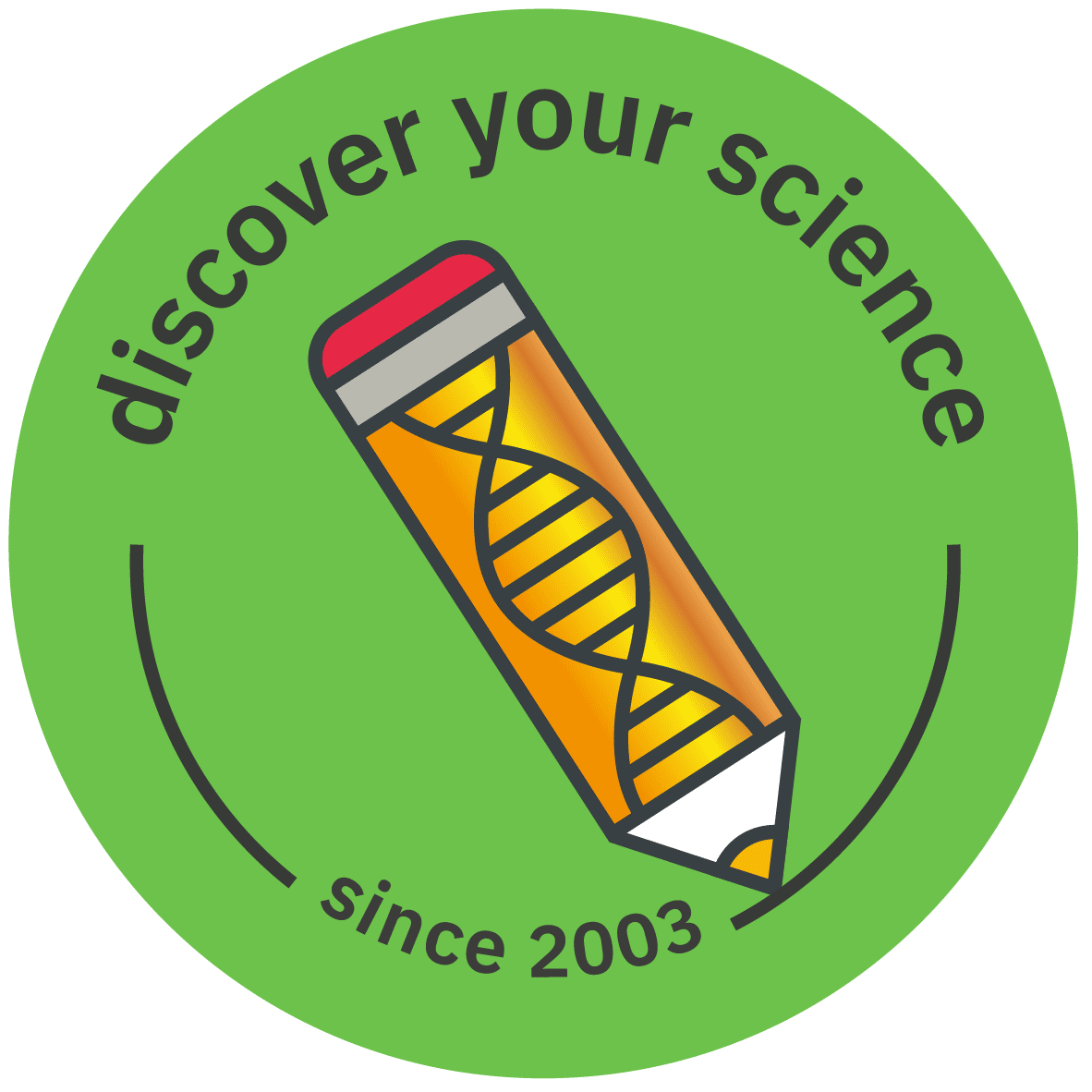Project introduction
Science has undergone an unforeseen rapid development over the past decade. The new innovations have significantly influenced many details of our everyday lives. Europeans are interested in science and technology; however, they perceive the information they receive as insufficient and their opinion towards public engagement in science and technology is fragmented. Public engagement has become the leading approach to bridge science and society. Arts, as a form of expression and a source of genuine creativity has also started to play an important role in supporting the link between science and the public. By nurturing the exchange between science and arts, we arrive at new forms of expression, unlock the potential of creative arts and enrich scientific thinking.
Nacht der Forschung
Nacht der Forschung Heidelberg I Mannheim was supported by the European Commission, and EMBL was one of ten partner organisations to receive funding in 2018 and 2019. EMBL‘s European Learning Laboratory for the Life Sciences (ELLS) were coordinating the consortium. In 2019, additional event partners from the Rhein-Neckar Metropolitain region also joined Nacht der Forschung Heidelberg | Mannheim.
The main objective of European Researchers‘ Night is to make science relatable to the general public. Nacht der Forschung Heidelberg I Mannheim 2018 and 2019 demonstrated the relevance of research and innovation for everyday life. The urge to explore is something all people share and scientific discovery isn’t limited to universities and science organisations; it has the ability to inspire everyone. Children and young people in particular are known for their curiosity and their urge to ask questions. Nacht der Forschung Heidelberg I Mannheim aims to provide answers and inspire even the very youngest to consider a career in science and research.
Event reports
Event report 2018
Read the event report to get an impression of the event in 2018.
Event report 2019
Read the event report to get an impression of the event in 2019.
Collaborators
Project partners
European Molecular Biology Laboratory (EMBL), German-American Institute (DAI), German Cancer Research Center (DKFZ), Dezernat 16, ExploHeidelberg, Max Planck Institute for Astronomy (MPIA) and Haus der Astronomie, Heidelberg University of Education, TECHNOSEUM, Heidelberg University, and Heidelberg University Hospital
Event partners
Baden-Wuerttemberg Cooperative State University, Max Planck Institute for Nuclear Physics, Max Planck Institute for Comparative Public Law and International Law, Planetarium Mannheim, and SRH University Heidelberg
European Researchers’ Night initiative
European Researchers` Night is the flagship initiative of the European Commission to bridge science and society and to encourage young people to pursue research careers. As part of European Researchers’ Night, similar events are taking place in more than 340 cities across Europe each year. European Researchers‘ Night began in 2005, celebrating its tenth anniversary in 2015 after a decade of success. In 2018, more than 1.5 million people across the EU and more than 21,000 researchers in 371 locations participated in European Researchers‘ Night. In Germany, projects in Kiel, Hamburg and Heidelberg | Mannheim were selected by the EU for funding in 2018/2019.
In the UK, the European Bioinformatics Institute (EMBL-EBI) near Cambridge also took part in European Researchers‘ Night for the first time in 2018. Led by the Wellcome Sanger Institute and in line with the theme ’LIFE LAB‘, five research organisations are offering ‘Pop-up Science‘-events in shopping centres, cafes and music venues across Cambridgeshire.
Nacht der Forschung Heidelberg | Mannheim collaborated with other European Researchers’ Nights across Europe: “Wanderlust” in Zaragoza (Spain), “Science in the City” in Valletta (Malta) and “Explorathon” in Scotland.
Project key dates
Project coordinator: ELLS on behalf of EMBL
Funding: The European Researchers’ Night project was funded by the European Commission under the Marie Skłodowska-Curie actions (No. 817589).
Duration: 18 months
Start: 07/2018
End: 11/2019

